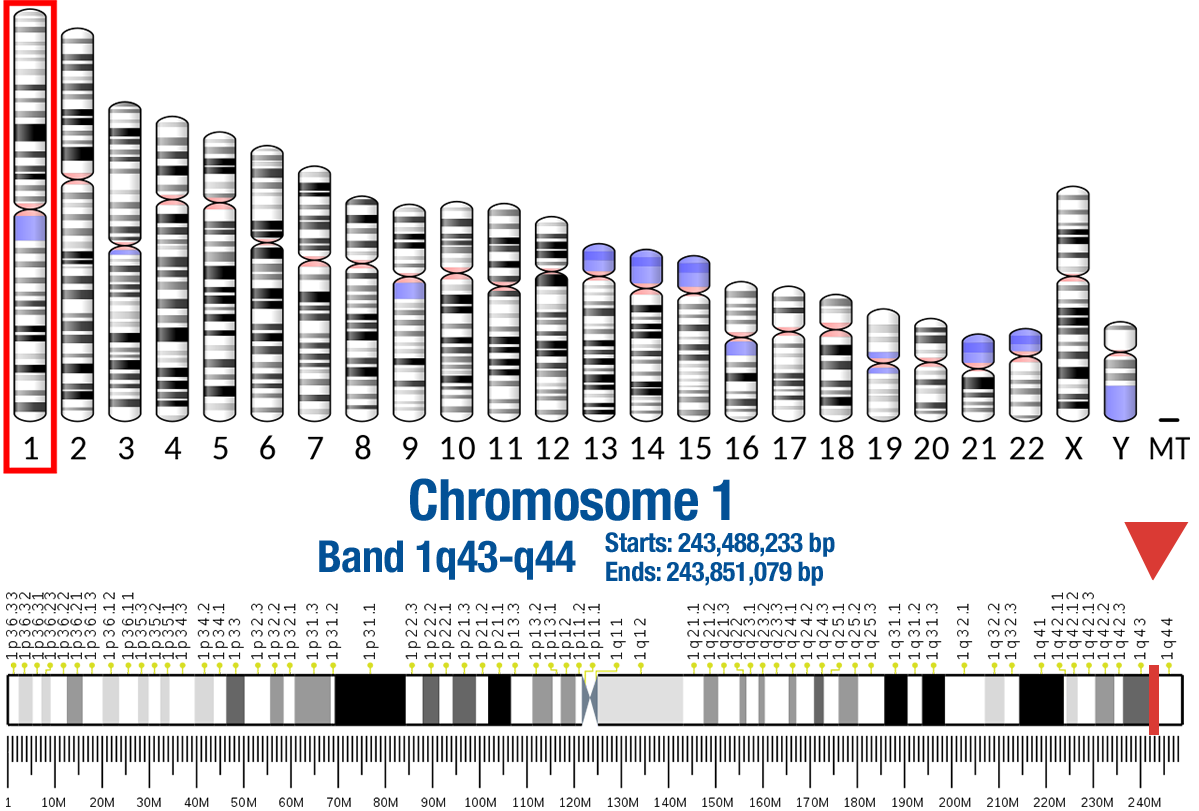
The protein encoded by this gene is a member of the AKT, also called PKB, serine/threonine protein kinase family. AKT kinases are known to be regulators of cell signaling in response to insulin and growth factors. They are involved in a wide variety of biological processes including cell proliferation, differentiation, apoptosis, tumorigenesis, as well as glycogen synthesis and glucose uptake. This kinase has been shown to be stimulated by platelet-derived growth factor (PDGF), insulin, and insulin-like growth factor 1 (IGF1). Alternatively splice transcript variants encoding distinct isoforms have been described. [provided by RefSeq, Jul 2008]
- Nucleotide binding
- Enables protein kinase activity
- Enables protein serine/threonine kinase activity
- Enables protein serine/threonine/tyrosine kinase activity
- Enables protein binding
- Located in nucleus
- Located in cytoplasm
- Located in membrane
- Involved in mitochondrial genome maintenance
- Involved in positive regulation of endothelial cell proliferation
- Involved in protein phosphorylation
- Involved in signal transduction
- Phosphorylation
AKT3 is one of 3 closely related serine/threonine-protein kinases (AKT1, AKT2 and AKT3) called the AKT kinase, and which regulate many processes including metabolism, proliferation, cell survival, growth and angiogenesis. This is mediated through serine and/or threonine phosphorylation of a range of downstream substrates. Over 100 substrate candidates have been reported so far, but for most of them, no isoform specificity has been reported. AKT3 is the least studied AKT isoform. It plays an important role in brain development and is crucial for the viability of malignant glioma cells. AKT3 isoform may also be the key molecule in up-regulation and down-regulation of MMP13 via IL13. Required for the coordination of mitochondrial biogenesis with growth factor-induced increases in cellular energy demands. Down-regulation by RNA interference reduces the expression of the phosphorylated form of BAD, resulting in the induction of caspase-dependent apoptosis.
- Megalencephaly-Polymicrogyria-Polydactyly-Hydrocephalus Syndrome 2
- Megalencephaly-Capillary Malformation-Polymicrogyria Syndrome
- Megalencephaly-Polymicrogyria-Polydactyly-Hydrocephalus Syndrome 1
- Hemimegalencephaly
- Megacolon
- Polymicrogyria
- Senior-Loken Syndrome 7
- Capillary Hemangioma
- Bardet-Biedl Syndrome 16
- Thymoma
- Megalencephaly
- Pneumococcal Meningitis
- Microcephaly With Simplified Gyral Pattern
- Proteus Syndrome
- Melanoma
- Glioma
- Glioblastoma
- Cowden Syndrome 1
- Endometrial Cancer
- Congenital Lipomatous Overgrowth, Vascular Malformations, And Epidermal Nevi
- Ovarian Cancer
- Skin Carcinoma
AKT3 Localizations – Subcellular Localization Database
The protein encoded by this gene is a member of the AKT, also called PKB, serine/threonine protein kinase family. AKT kinases are known to be regulators of cell signaling in response to insulin and growth factors. They are involved in a wide variety of biological processes including cell proliferation, differentiation, apoptosis, tumorigenesis, as well as glycogen synthesis and glucose uptake. This kinase has been shown to be stimulated by platelet-derived growth factor (PDGF), insulin, and insulin-like growth factor 1 (IGF1). Alternatively splice transcript variants encoding distinct isoforms have been described. [provided by RefSeq, Jul 2008]
- Nucleotide binding
- Enables protein kinase activity
- Enables protein serine/threonine kinase activity
- Enables protein serine/threonine/tyrosine kinase activity
- Enables protein binding
- Located in nucleus
- Located in cytoplasm
- Located in membrane
- Involved in mitochondrial genome maintenance
- Involved in positive regulation of endothelial cell proliferation
- Involved in protein phosphorylation
- Involved in signal transduction
- Phosphorylation
AKT3 is one of 3 closely related serine/threonine-protein kinases (AKT1, AKT2 and AKT3) called the AKT kinase, and which regulate many processes including metabolism, proliferation, cell survival, growth and angiogenesis. This is mediated through serine and/or threonine phosphorylation of a range of downstream substrates. Over 100 substrate candidates have been reported so far, but for most of them, no isoform specificity has been reported. AKT3 is the least studied AKT isoform. It plays an important role in brain development and is crucial for the viability of malignant glioma cells. AKT3 isoform may also be the key molecule in up-regulation and down-regulation of MMP13 via IL13. Required for the coordination of mitochondrial biogenesis with growth factor-induced increases in cellular energy demands. Down-regulation by RNA interference reduces the expression of the phosphorylated form of BAD, resulting in the induction of caspase-dependent apoptosis.
- Megalencephaly-Polymicrogyria-Polydactyly-Hydrocephalus Syndrome 2
- Megalencephaly-Capillary Malformation-Polymicrogyria Syndrome
- Megalencephaly-Polymicrogyria-Polydactyly-Hydrocephalus Syndrome 1
- Hemimegalencephaly
- Megacolon
- Polymicrogyria
- Senior-Loken Syndrome 7
- Capillary Hemangioma
- Bardet-Biedl Syndrome 16
- Thymoma
- Megalencephaly
- Pneumococcal Meningitis
- Microcephaly With Simplified Gyral Pattern
- Proteus Syndrome
- Melanoma
- Glioma
- Glioblastoma
- Cowden Syndrome 1
- Endometrial Cancer
- Congenital Lipomatous Overgrowth, Vascular Malformations, And Epidermal Nevi
- Ovarian Cancer
- Skin Carcinoma
AKT3 Localizations – Subcellular Localization Database


